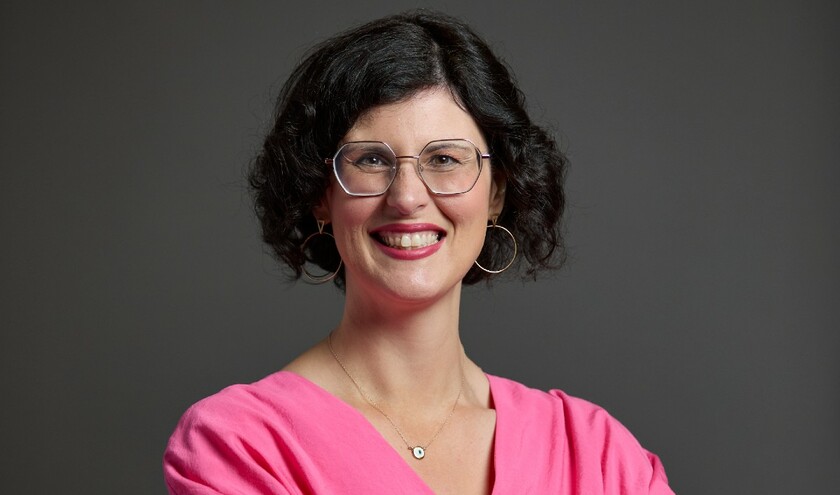Moran took on her role as head of the committee when she was elected unopposed in September.
‘It's been an incredible honour,' Moran said, ‘I have the most incredible committee members.'
The chair said membership of the committee, which is made up of seven Labour MPs, two Tories and two Lib Dems, was unusual in that it is composed primarily of non-clinicians.
‘We've got a public health consultant and a nurse but the majority of members come from a local government background and so fully understand the issues around integration and social care,' Moran observed.
Critical friend
The chair said it was the committee's role to be the ‘critical friend of Government'.
‘We provide important scrutiny on one of the departments that is being given a lot of money and being asked to do a lot with it,' she added.
‘For that we take this role very, very seriously. Our job is to make sure that the secretary of state delivers for the people of this country.'
Secondly, the MP for Oxford West and Abingdon, said the patient would be ‘absolutely at the heart of everything we do'.
In the first two inquiries focused on the cost of inaction on adult social care and the Government's 10-Year Health Plan, Moran said there was an important role for politicians in raising those voices who aren't otherwise heard'.
Moran said it was it was ‘disappointing' that the Government had missed the deadline for feeding back to the committee on how it planned to highlight underrepresented groups in its plans.
The committee met with underrepresented groups on 4 December as part of a series of engagement events.
‘We want to hear from patients directly in our approach,' Moran emphasised. ‘We don't want a patient centred approach to be just another slogan.'
I asked Moran what her primary aims were in the two inquiries?
10-Year Health Plan
‘For the 10-Year Health Plan we want to make sure we have done our assurance around the whole spectrum of people who should be feeding into this plan,' Moran said.
Moran said the NHS was at an ‘existential moment', adding: ‘We want the Government to succeed in this broadly and are minded to agree with the shifts they are talking about.
‘We want to understand if they have learned from history. Where has it gone wrong before and how they are going to make sure that they get it right this time?'
Social care inaction
Turning to social care, Moran said the inquiry was ‘born from frustration in part because of Ed Davey raising it so effectively during the campaign and that's partly why we have a Lib Dem as chair of the committee.
‘We know from previous reports that there is a deep frustration across society that there hasn't been a move to tackle social care,' Moran said.
‘We don't need another inquiry saying the social care system is broken. What I wanted to do is to look at this slightly differently and perhaps shift the dial and perhaps push on those decision makers who haven't felt the pressure before.'
Moran said the Treasury, rather than the DHSC, was the main obstacle to finding a solution to the social care crisis.
‘The issue is the Treasury and its ability to manage money in the medium to long term,' the committee chair said.
When asked for her views on cross-party talks on social care, Moran hinted ‘that there might be something in the offing'.
With the health secretary having stated his intention to develop a 10-Year Plan for social care to run in parallel with the 10-Year Health Plan, Moran said she would be eager to hear what progress has been made.
Assisted dying
Looking ahead, Moran hinted that an inquiry into the Assisted Dying Bill could be launched after Parliament voted to back the legislation last month.
‘I would say we are very interested in the issues around end-of-life and palliative care and certainly it's something that once the legislation has run its course we'd be minded to come back to,' she added.
Moran was a vocal proponent of the Bill having had personal experience of a ‘very close friend' dying from cancer who was living in another country where assisted dying was an option.
‘I've always believed that bodily autonomy and choice in people's lives should be extended to the manner of their death,' Moran explained.
While voting for the Bill, the MP did admit to some ‘reservations' and the importance of continuing a ‘national conversation'.
Moran said all MPs were united in the opinion of the need for better funding of palliative care, however.
With Wes Streeting due to give evidence in December and the social care sessions due to launch in January it promises to be a busy time for Moran and the committee as we head into a crucial year for health and social care.
If you would like to appear in The Big Interview email Lee Peart at l.peart@hgluk.com



